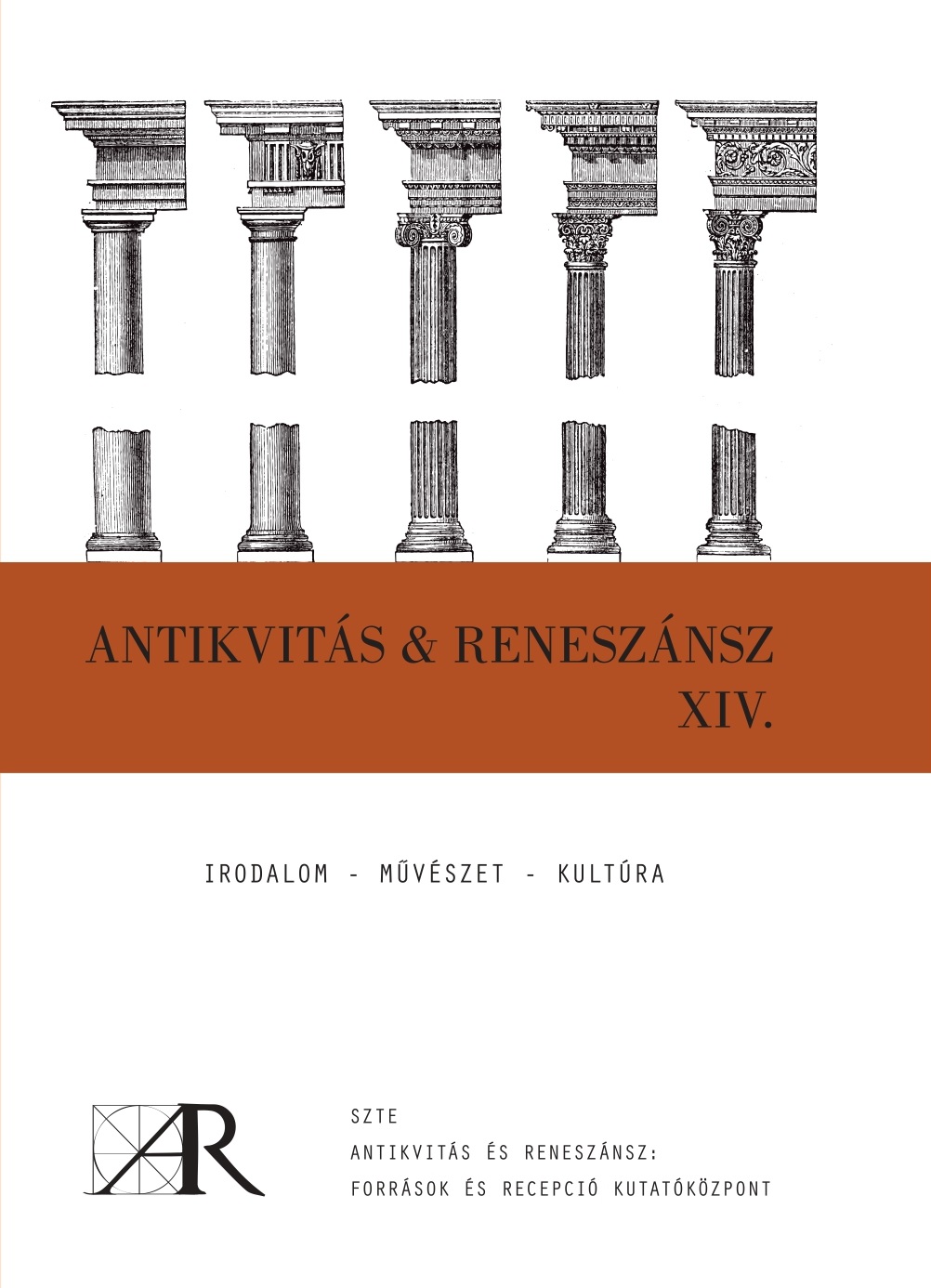Proposals of a Hungarian Jesuit on the “elimination of heresies” at the turn of the 16th and 17th centuries
Main Article Content
Abstract
István Szántó (Arator), a significant Hungarian representative of the first generation of Jesuits, fought against the Reformation almost all his life, continuously and determinedly, in order to restore the Catholic faith. Wherever he served, the ultimate goal of all his activities was this: In Rome, as a Hungarian confessor, he attempted to establish the Collegium Hungaricum to promote priestly training; he compiled a prayer book in Hungarian; during his stay in Transylvania, in addition to founding a school supported by the prince, he engaged in numerous religious debates with Protestants; he began (and, according to some opinions, completed) the translation of the Bible into Hungarian; he prepared a refutation of the Koran, etc. Unfortunately, however, most of his works have been lost, but a good part of his numerous and often voluminous letters have survived. His surviving letters from the 1600s and a short summary (Brevis et succincta descriptio, quo tempore et qua occasione haereses in Ungariam et Transylvaniam fuerint invectae, quem progressum habuerint, et quis modus sit eas exstirpandi) show how the ageing Szántó, based on many years of experience, sees the situation of Catholicism in Hungary of his time, and what methods and measures he believes can be used to suppress the rise of Protestant denominations.
